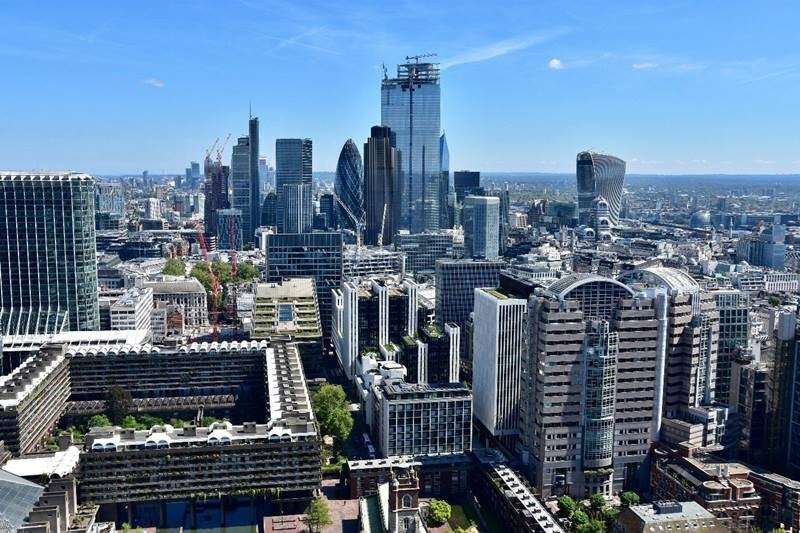
Urban heat islands involve the higher air temperatures associated with the dense parts of cities relative to the surrounding parks and countryside. Credit: Lawrence Berkeley National Laboratory
Researchers know that urbanization has noticeable effects on processes at and near the Earth’s surface. This affects the weather and climate in ways that have consequences for rapidly growing urban populations. The scientific literature focusing on urbanization and its effects is vast and has contributions from many fields.
In a study published in the journal Advances in Atmospheric Sciences, an international collaboration of scientists reviewed the scientific literature on the various effects of urbanization on extreme weather and regional climate. The goal was to better synthesize this knowledge. Their work provides an overview of the scientific insights gained from almost 200 years of urban research and more than 500 literature sources.
As cities expand and urban populations grow, scientists need to better understand how cities interact with weather and climate at various scales. This review provides an overview of current scientific understanding of the effects of urbanization. This helps to highlight the deficiencies in the observational and modeling methods that scientists use to study urban areas. The research also recommends research topics and priorities to better close the gaps in our understanding of urban-scale interactions with weather and climate.
Researchers consolidated results from over 500 studies focused on urbanization and its impacts on weather and climate. The team included researchers from Pacific Northwest National Laboratory, Yale University, Boston University, the National Center for Atmospheric Research, the Indian Institute of Technology, and Zhejiang University.
The review encompasses urban heat islands (for canopy, surface, boundary-layer, and other areas), heat waves, atmospheric moisture, wind fields, boundary-layer structure, dispersion of air pollutants, cloud formation, precipitation, and storms. The review also summarizes the main methods and datasets used to study urban areas, both from observational and modeling perspectives. Finally, the review discusses the limitations and uncertainties of different methods and identifies major research gaps. This sets the stage for future research in the field.
More information:
Yun Qian et al, Urbanization Impact on Regional Climate and Extreme Weather: Current Understanding, Uncertainties, and Future Research Directions, Advances in Atmospheric Sciences (2022). DOI: 10.1007/s00376-021-1371-9
Citation:
Synthesizing 200 years of research on the urban impact on regional climate and extreme weather (2023, July 10)
retrieved 12 July 2023
from https://phys.org/news/2023-07-years-urban-impact-regional-climate.html
This document is subject to copyright. Apart from any fair dealing for the purpose of private study or research, no
part may be reproduced without the written permission. The content is provided for information purposes only.
>>> Read full article>>>
Copyright for syndicated content belongs to the linked Source : Phys.org – https://phys.org/news/2023-07-years-urban-impact-regional-climate.html










